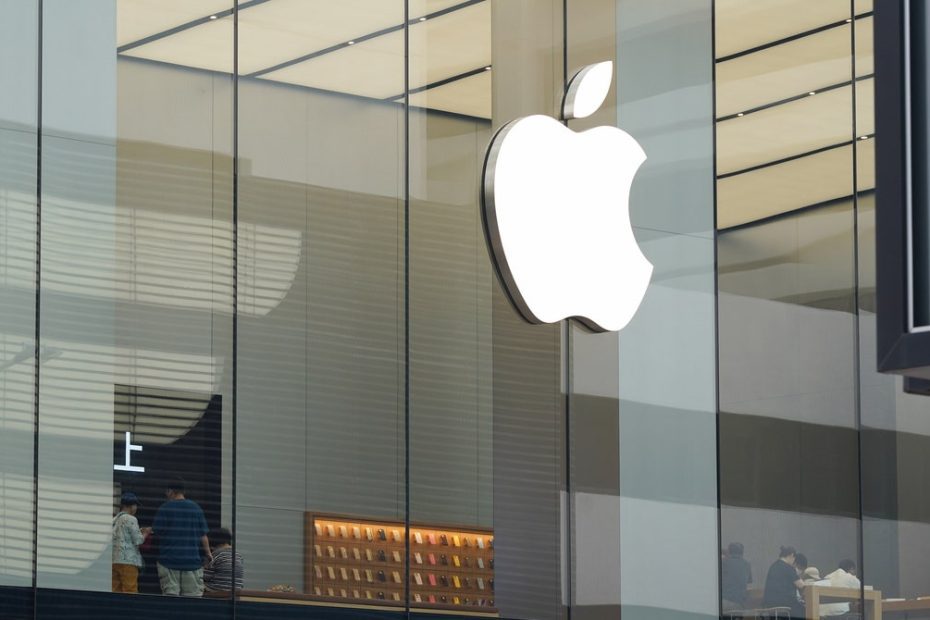Apple has been ordered to pay €13 billion ($14.4 billion) in unpaid taxes to the Irish state, ending a decade-long battle between Europe and the tech giant.
In a ruling delivered on Tuesday, the European Court of Justice (CJEU) upheld a 2016 ruling by the European Commission that Apple had enjoyed unlawful tax advantages that amounted to state aid from the Irish government for more than 20 years.
“The Court of Justice delivers a final judgment in this case and confirms the European Commission's 2016 decision: Ireland has granted unlawful aid to Apple, which Ireland must recover,” the court said in a statement.
“Today is a huge victory for European citizens and tax justice,” European Competition Commissioner Margrethe Vestager said in a statement on X. “Ireland has provided illegal aid to Apple.”
The Irish government said it would respect the court's decision, noting that it was “historically relevant only”, saying it covered income from 1991 and 2007 which “is no longer relevant” because it has made changes to its tax regime. “The Irish position has always been that Ireland does not give preferential treatment to companies or taxpayers,” the government statement said.
Dr Stephen Daly, a lecturer in tax law at King's College London, said he was “stunned” by the ruling, which follows a lengthy legal battle that saw the European General Court rule in Apple's favour in 2020.
“I really didn’t see this coming,” Daly said. “I thought the path to victory for the Commission was incredibly narrow, because it had suffered some big defeats in similar cases against Fiat and Amazon. I thought this would be the same outcome. I’m also stunned because this is the biggest tax case in history: €13 billion, which will be more than €14 billion if you add in the interest, has to be repaid.”
The case concerns tax deals that Irish authorities struck with Apple in 1991 and 2007 to encourage the company to establish two European subsidiaries in the country. Other companies were not offered the same favourable terms, leading the European Commission to accuse Ireland of giving Apple a “selective advantage”.
Ireland has long been under fire for being a tax haven for American companies. During his last term in the White House, current presidential candidate Donald Trump singled out the country in a speech in which he promised to bring “trillions of dollars” in tax revenue back to the US.
“For too long, our tax code has encouraged companies to leave our country in search of lower tax rates,” he said in 2017. “It's happening – lots and lots of companies. They're going to Ireland. They're going everywhere.”
According to Daly, the ECJ decision “is not good for Ireland.” “Ireland has always tried to position itself as a country that has generous tax rules, but rules that are fair,” he says. “That has certainly hurt Ireland Inc.”

